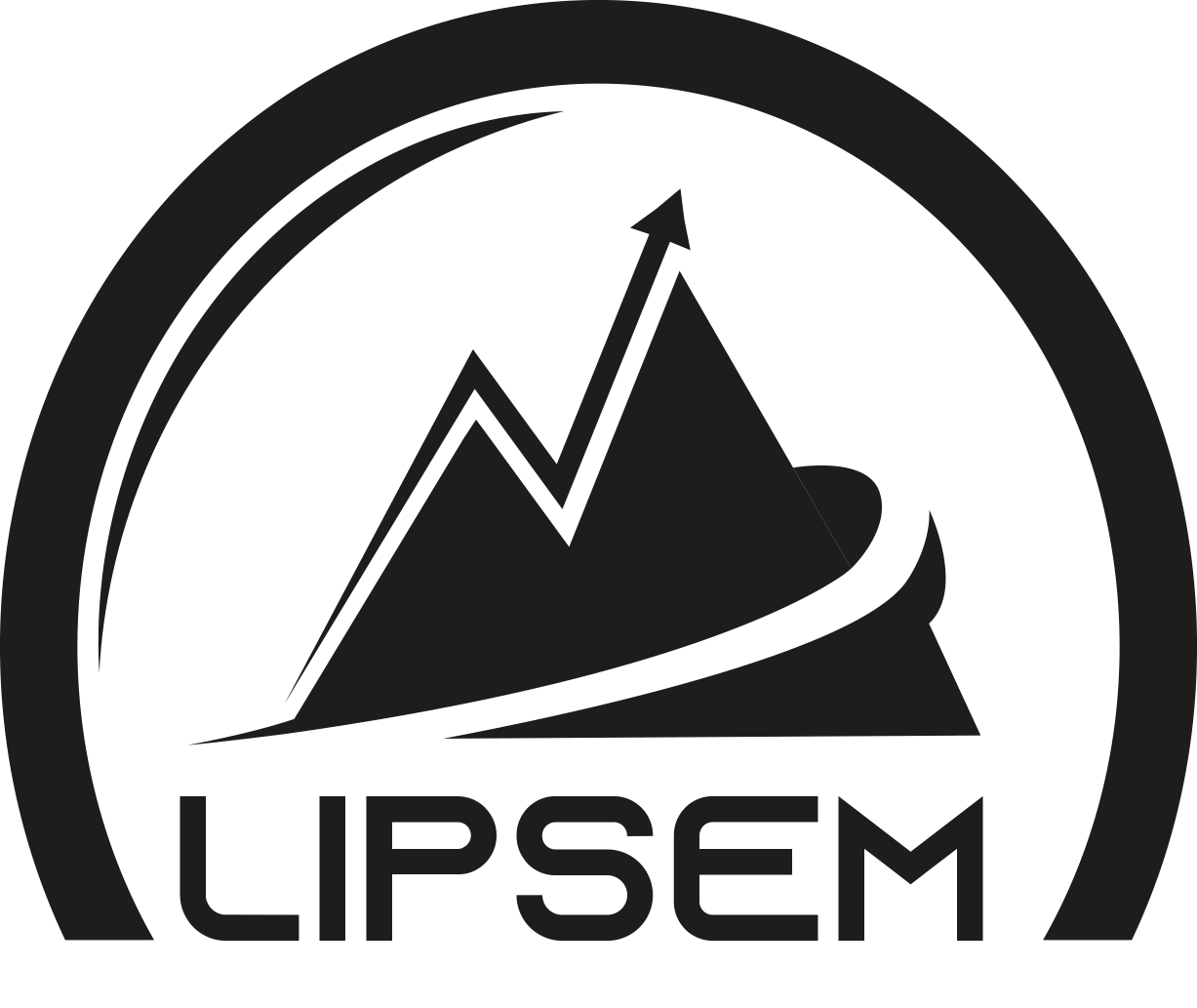DNA methylation changes during a sprint interval exercise performed under normobaric hypoxia or with blood flow restriction: A pilot study in men
Résumé
This crossover study evaluated DNA methylation changes in human salivary samples following single sprint interval training sessions performed in hypoxia, with blood flow restriction (BFR), or with gravity‐induced BFR. Global DNA methylation levels were evaluated with an enzyme‐linked immunosorbent assay. Methylation‐sensitive restriction enzymes were used to determine the percentage methylation in a part of the promoter of the gene‐inducible nitric oxide synthase (p‐iNOS), as well as an enhancer (e‐iNOS). Global methylation increased after exercise ( p < 0.001; dz = 0.50). A tendency was observed for exercise × condition interaction ( p = 0.070). Post hoc analyses revealed a significant increase in global methylation between pre‐ (7.2 ± 2.6%) and postexercise (10.7 ± 2.1%) with BFR ( p = 0.025; dz = 0.69). Methylation of p‐iNOS was unchanged ( p > 0.05). Conversely, the methylation of e‐iNOS increased from 0.6 ± 0.4% to 0.9 ± 0.8% after exercise ( p = 0.025; dz = 0.41), independently of the condition ( p > 0.05). Global methylation correlated with muscle oxygenation during exercise ( r = 0.37, p = 0.042), while e‐iNOS methylation showed an opposite association ( r = −0.60, p = 0.025). Furthermore, p‐iNOS methylation was linked to heart rate ( r = 0.49, p = 0.028). Hence, a single sprint interval training increases global methylation in saliva, and adding BFR tends to increase it further. Lower muscle oxygenation is associated with augmented e‐iNOS methylation. Finally, increased cardiovascular strain results in increased p‐iNOS methylation.
Fichier principal
 Physiological Reports - 2024 - Solsona - DNA methylation changes during a sprint interval exercise performed under.pdf (1.8 Mo)
Télécharger le fichier
Physiological Reports - 2024 - Solsona - DNA methylation changes during a sprint interval exercise performed under.pdf (1.8 Mo)
Télécharger le fichier
| Origine | Fichiers éditeurs autorisés sur une archive ouverte |
|---|---|
| licence |


